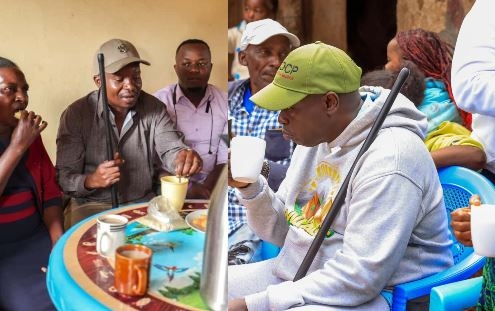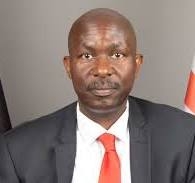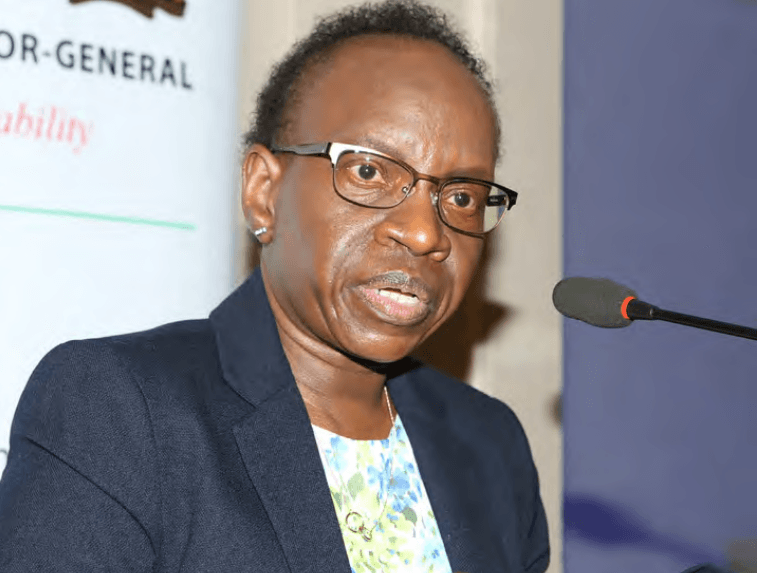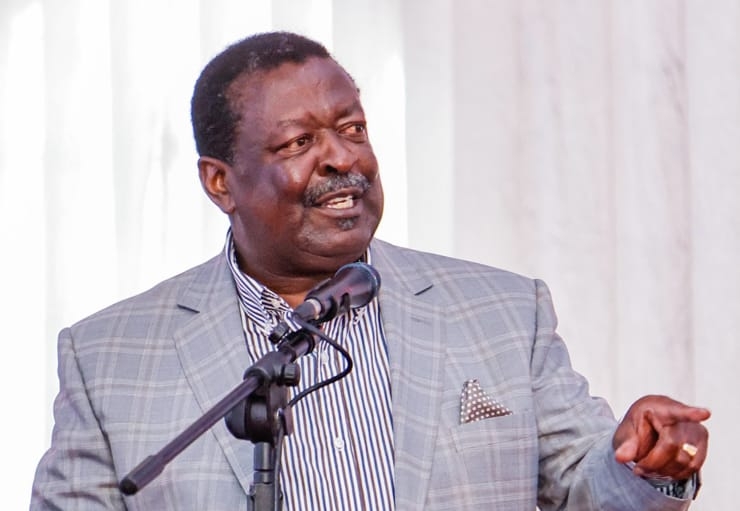Donation by a leading tobacco manufacturer to the Covid-19 Emergency Response Fund has cost Kenya’s ranking in the industry interference listing.
At the onset of the Covid-19 pandemic, the British American Tobacco contributed Sh10.6 million to the kitty that had been established by President Uhuru Kenyatta.
As a result, the Kenya Tobacco Industry Interference Index released on Friday by the Consumer Information Network showed Kenya had scored 33 points out of 100.
This means the country is performing poorly in responding to influences from the tobacco industry and protecting their public health policies from commercial interests as required under the World Health Organization Framework Convention on Tobacco Control (WHO FCTC) Article 5.3.
The lower the score, the overall lower level of tobacco industry interference. In 2019, Kenya scored 33, while in 2020 it scored 40.
The report notes that tobacco industry interference remains the biggest threat to the development and implementation of effective public health policies in Kenya.
“This means that compared to 2019, the tobacco industry in Kenya is tightening its grip in ensuring that tobacco control policies in Kenya are not effectively implemented,” Consumer Information Network CEO Samuel Ochieng said.
“The bribery claims of key politicians in 2015 and the petition to the Ethics and Anticorruption Commission (EACC) and Parliament by tobacco control civil society organisations is yet to be investigated and a report released by the authorities,” he added.
In addition, the Kenyan government listed tobacco among essential products during the Coronavirus pandemic.
In order to appropriately respond to the issues affecting the business sector during Covid-19 outbreak, CS Betty Maina formed a Business Emergency Response Centre (BERC) that identified the products.
"The Committee identified the manufacturers, producers and suppliers of the under listed as essential to the sustenance of lives and efforts must be taken to keep them operational throughout the crisis period," read a notice from the Industarialisation ministry.
It said due to their significance, workers and providers of logistics to these sectors need protection and/or, special permits and transport in the event of a lockdown.
But the report notes that this may have allowed the company in Kenya to continue with its production and marketing of cigarettes business as usual despite the fact that the world was battling with a respiratory disease.
Tobacco use and exposure to tobacco smoke cause cancer, cardiovascular diseases, and chronic respiratory diseases, according to the World Health Organisation.
“The meant that tobacco and tobacco products could be transported freely and easily accessed even with several Covid-19 containment measures,” the report states.
Tobacco control advocates also faulted the government for allowing toxic, but "less harmful" products, such as nicotine pouches, into the Kenyan market.
One such product was registered by the Pharmacy and Poisons Board as a medicine before Health CS Mutahi Kagwe revoked the registration last year.
“We are asking ourselves if the Pharmacy and Poisons Board registered a certain tobacco company product illegally, then what happened to those who did this? Nothing. Deregistering the product alone is not enough,” the Kenya Tobacco Control Alliance (Ketca) chair Joel Gitali said.
The report further noted that there still exists conflict of interest as one retired senior government official and a number of current government officials also double up as members of the Board of Directors of one cigarette manufacturer in Kenya.
The Tobacco Control Act notes that government officials cannot sit on the board of tobacco companies.
“Due to the strong regulatory measures put in place against conventional tobacco products, the industry then is reinventing itself though innovation in the form of novel and emerging products that are touted as safer or harm reduced alternatives,” Celine Owuor from the International Institute of Legislative Affairs said.
The report recommends that the Ministry of Health and the entire tobacco control fraternity should embark on a massive awareness campaign targeted at all government departments and officials right from the Presidency on existence of tobacco control statutes.















